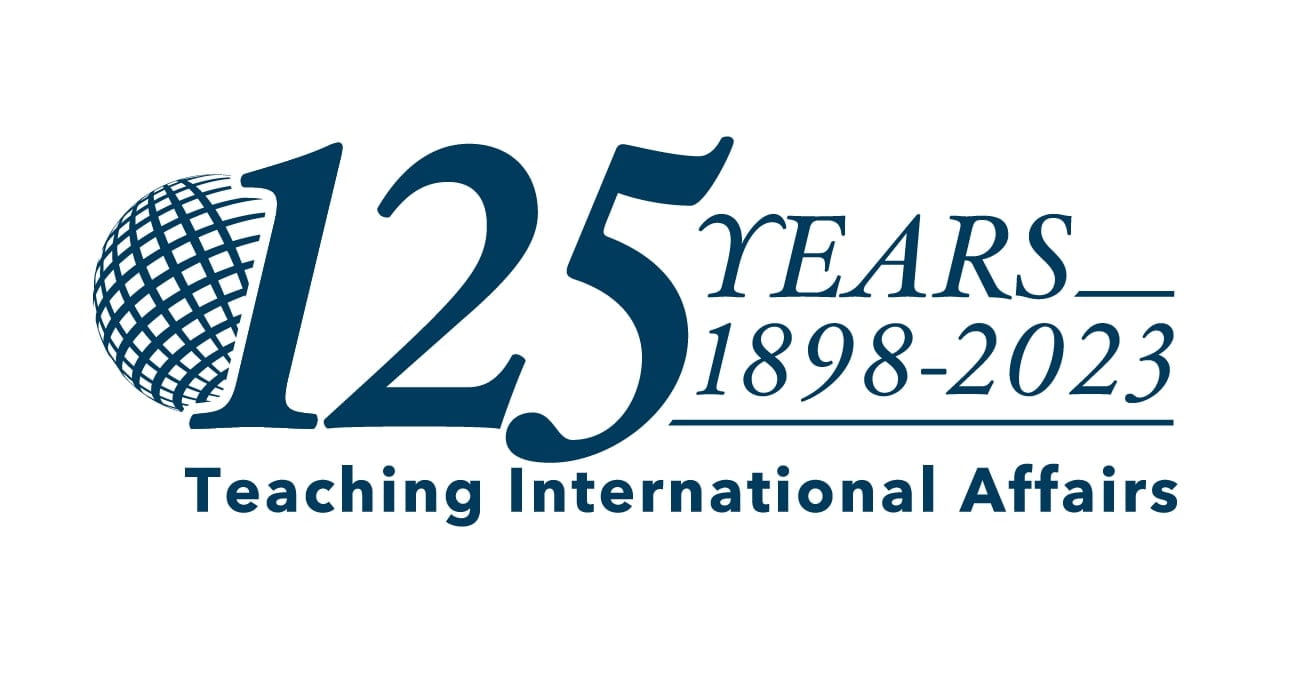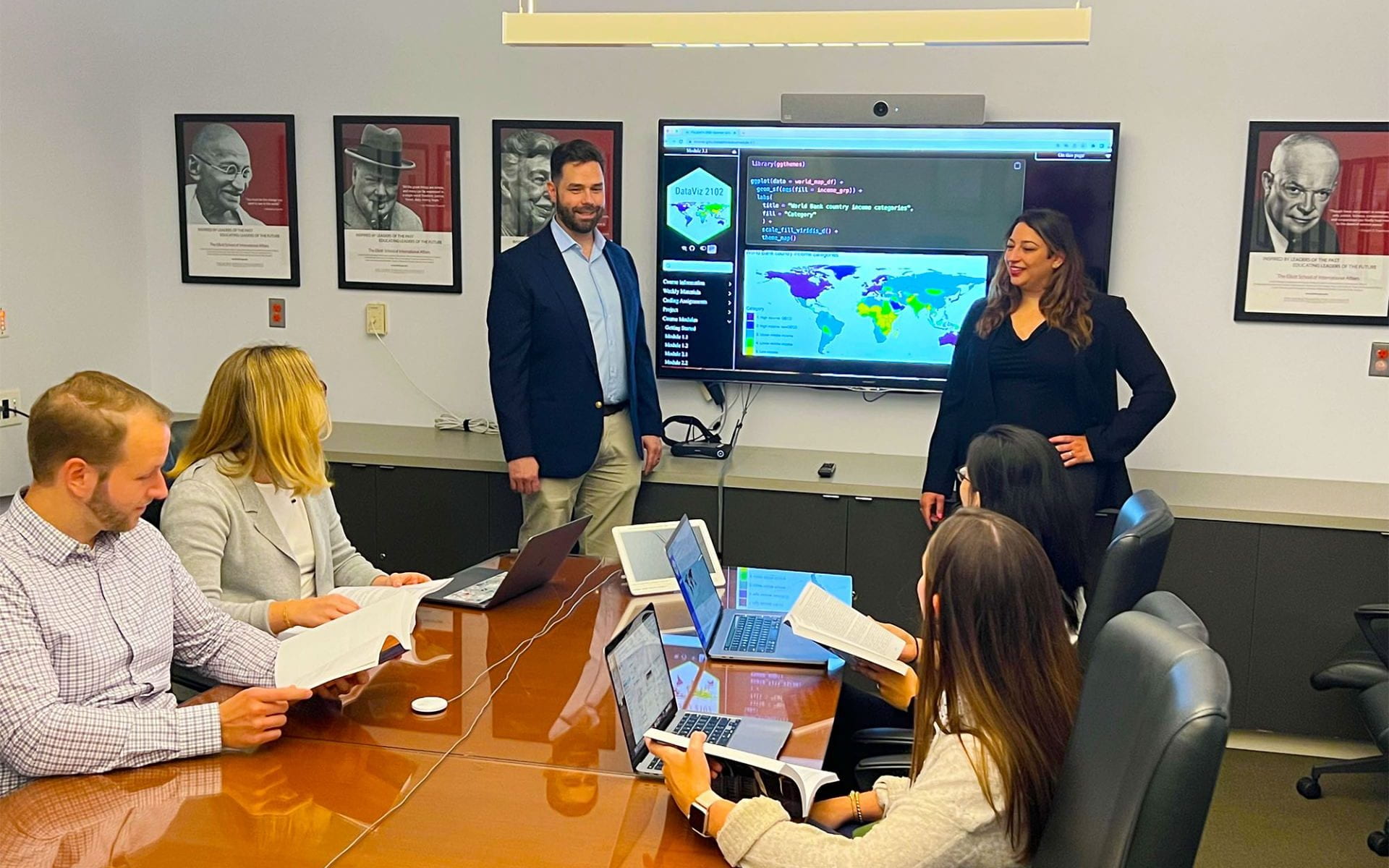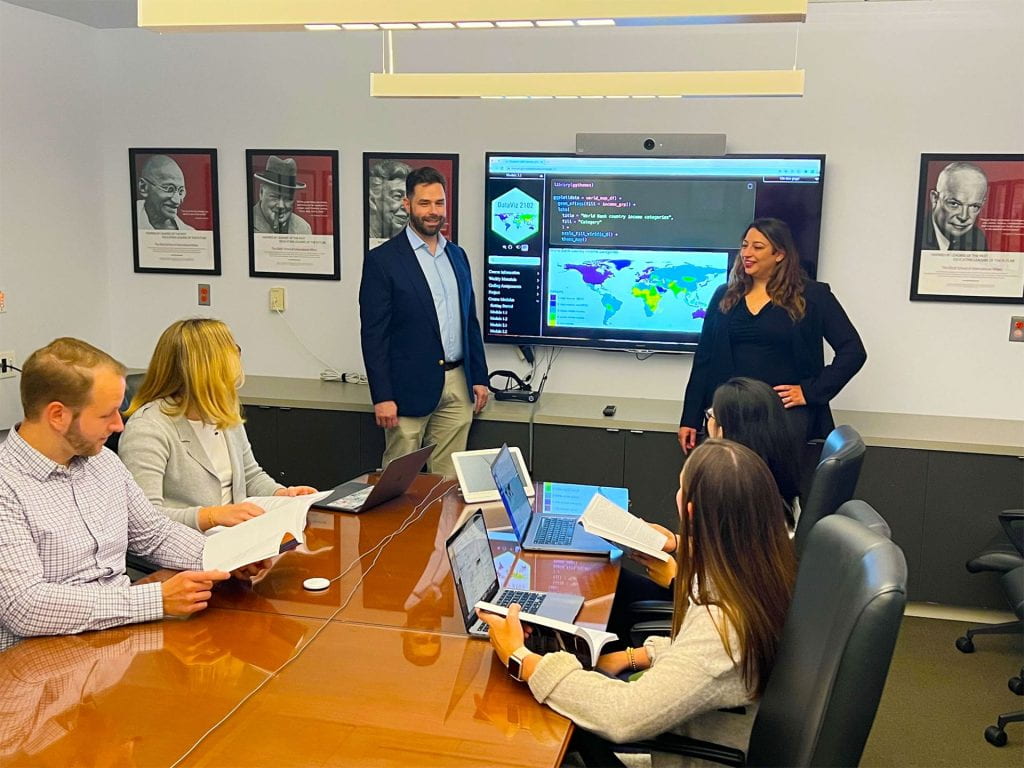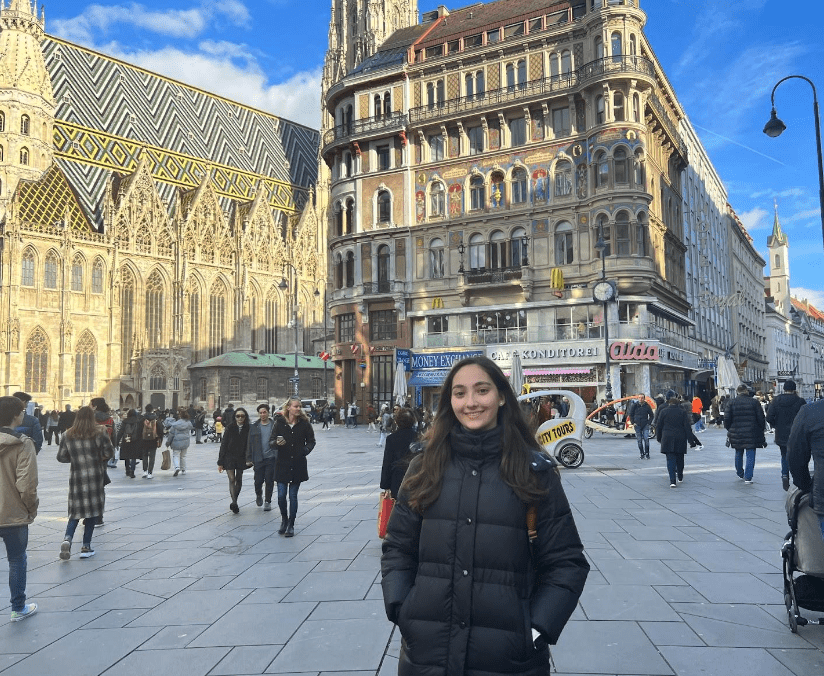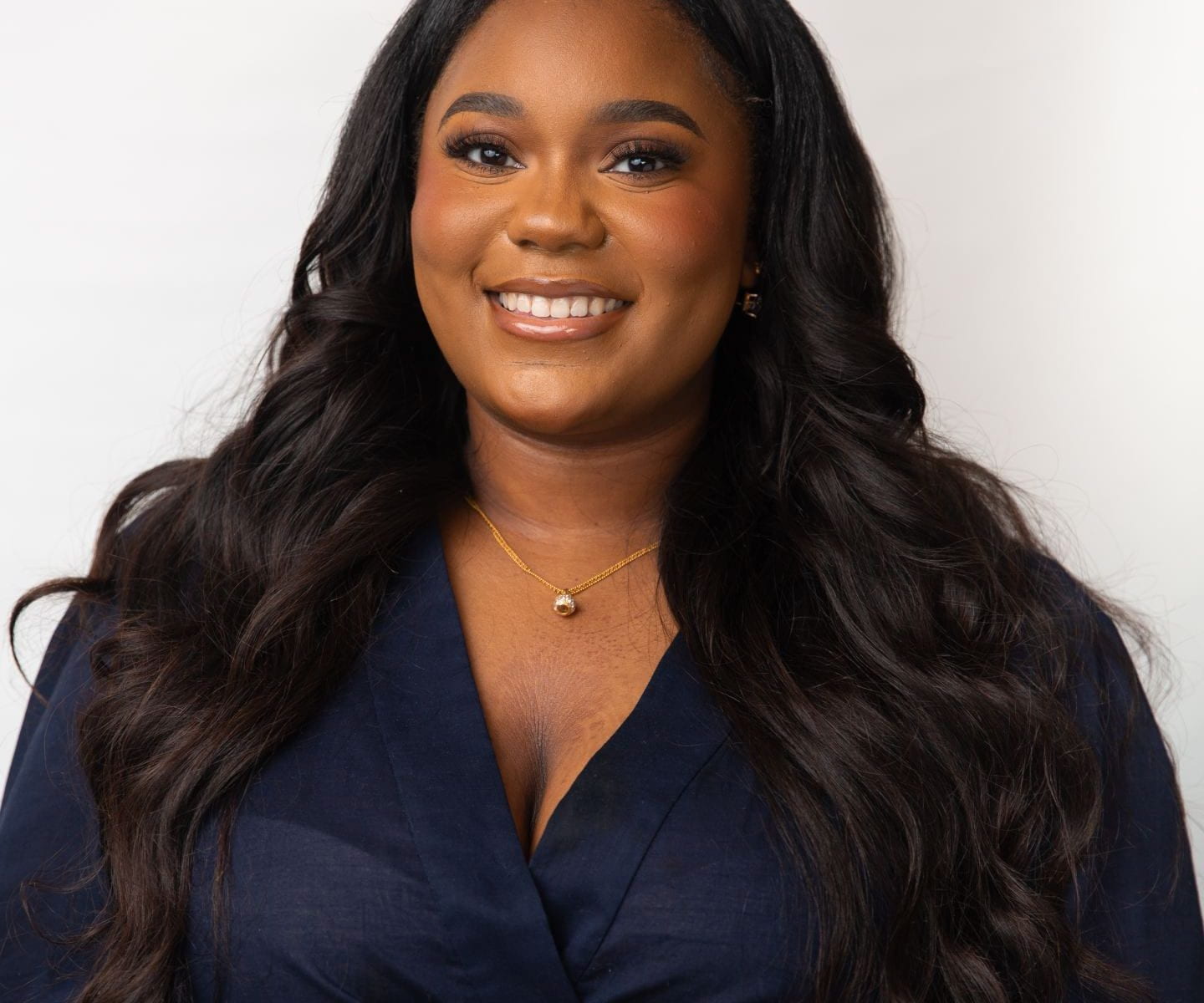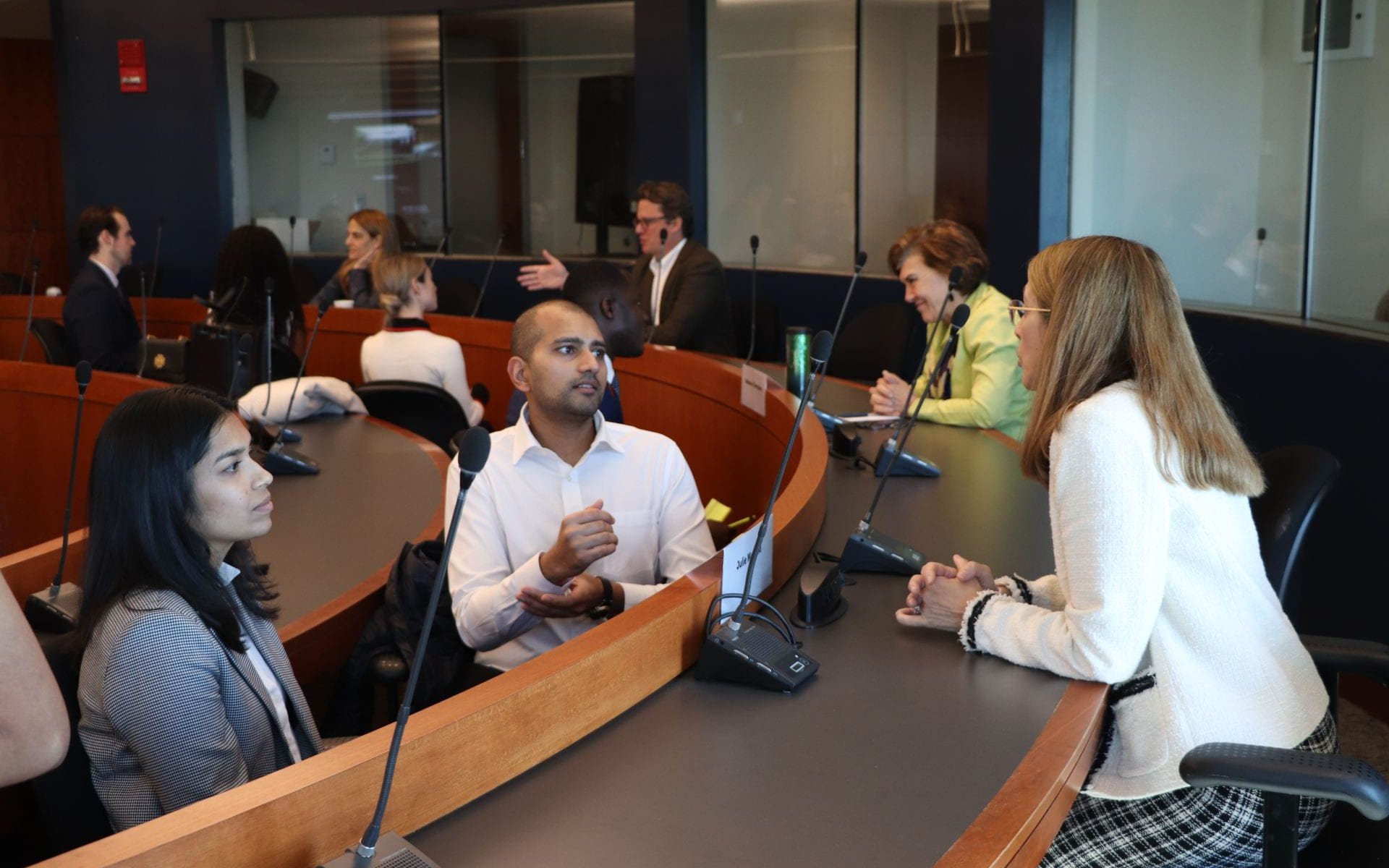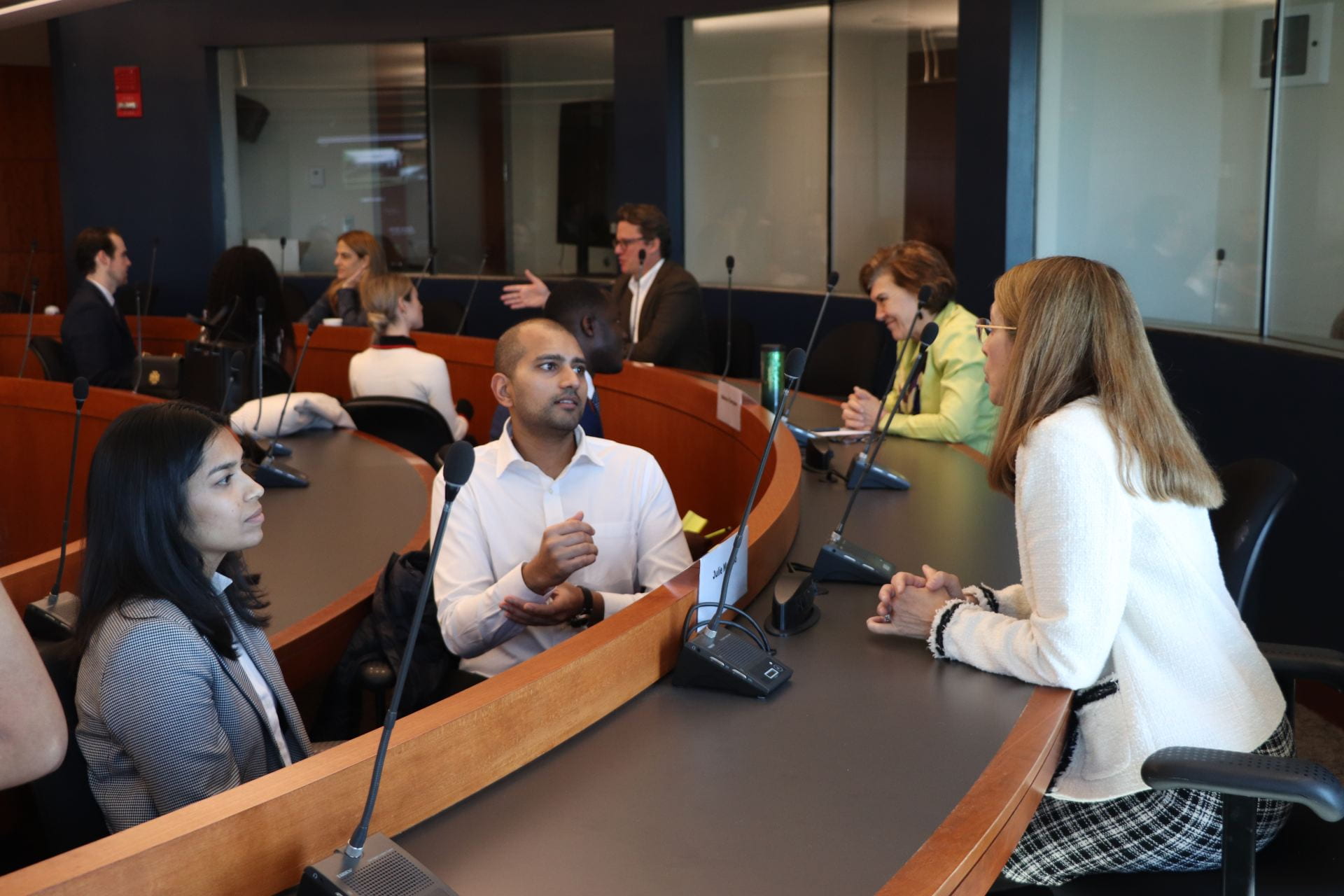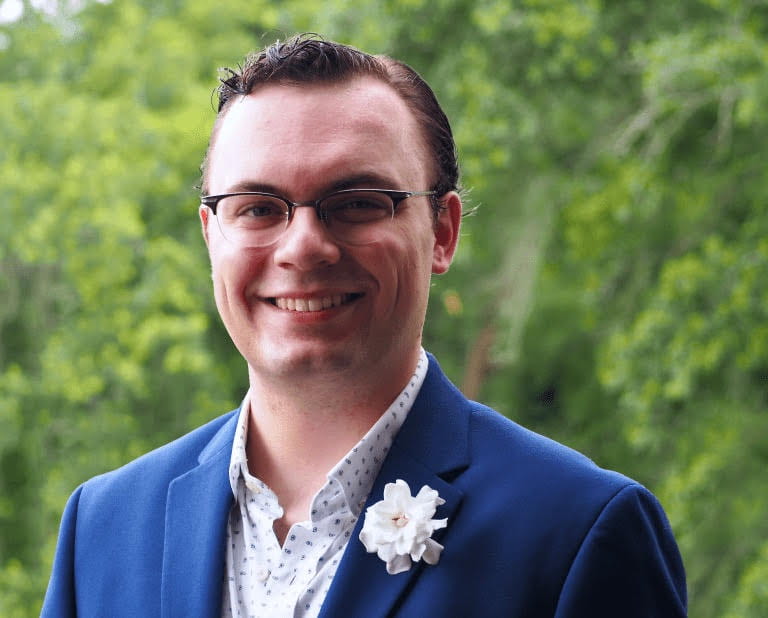
Grant A. Silverman is a Research Assistant at the Elliott School’s Illiberalism Studies Program. Studying the rise of illiberal and extremist movements in the United States and Europe, his research emphasizes the role of digital media and disinformation in the rise of political violence. He earned a master’s degree from George Washington University’s Elliott School of International Affairs where he studied conflict and conflict resolution, disinformation, and right-wing extremism.
Silverman examines how anti-democratic, far-right movements are connected globally, and he pays special attention to how a uniquely American brand of right-wing ideology is being exported through international allies. He analyzes the history of American right-wing organizing to explain how the American right has always been concerned with the international sphere.
Silverman considers Dr. Marlene Laruelle as a mentor at Elliott School, crediting her for positively influencing his academic and professional development. “Her leadership of the Illiberalism Studies Program has provided me with learning and career opportunities to pursue the work that I am currently engaged in,” says Silverman.
Dr. Laruelle is a Research Professor of International Affairs and the Director of the Institute for European, Russian and Eurasian Studies (IERES). The Institute’s mission is to “promote and support the study of Europe and Eurasia through research, courses, events, and publications,” according to their mission statement.
Dr. Laruelle’s research focuses on illiberalism, the transnational far-right, and the Russian ideological landscape. She is the author of Is Russia Fascist? Unraveling Propaganda East and West, in which she explores accusations of fascism toward Russia and expertly examines the Russian domestic scene and the Kremlin’s foreign policy rationales.
Silverman’s research underscores the importance of studying illiberal and extremist movements and their impact on international politics. The Elliott School’s programs provide students and alumni with the tools and resources to pursue careers in this critical area of study. Silverman further credits the Elliott School with providing him with time and space to conduct his research, as well as access to exhaustive library resources.

